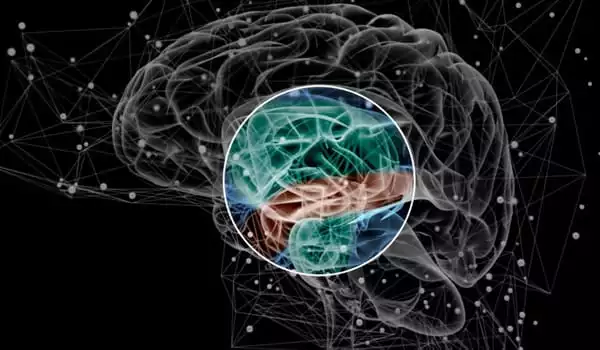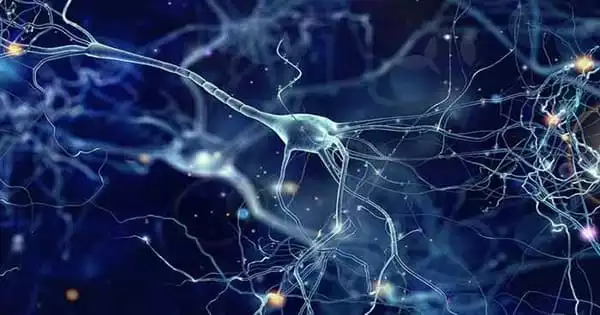Schizophrenia is connected with anatomical and functional abnormalities in the cortex, as well as changes in the connections between different cortical regions. Recent developments in neuroimaging technology have provided an unprecedented view into the origins, sources, and developmental trajectory of these changes. Scientists have uncovered new correlations between a breakdown in brain cell formation and the likelihood of schizophrenia and other psychiatric diseases.
Cardiff University researchers have uncovered new linkages between a breakdown in brain cell formation and the likelihood of schizophrenia and other psychiatric diseases. Although genetic risk factors are known to impair brain development in a number of these illnesses, little is known about which components of this process are impacted.
This is the first time that genetic disruption of particular cell processes critical to brain development has been related to disease risk across a wide range of psychiatric diseases. The findings were published in the journal Nature Communications.
The study was co-led by Dr Andrew Pocklington of Cardiff University’s Division of Psychological Medicine and Clinical Neurosciences and Dr. Eunju Jenny Shin of Cardiff University’s Neuroscience and Mental Health Research Institute, who is currently at Keele University.
In vitro investigations showed that when activation of these sets is disrupted, the shape, mobility, and electrical activity of growing brain cells is altered, correlating changes in these qualities to disease
Dr. Eunju Jenny Shin
Dr. Pocklington stated: “Genetic variables have a substantial influence in determining a person’s likelihood of acquiring psychiatric problems. Discovering the molecular mechanisms influenced by these genetic risk factors is a significant step toward understanding disease etiology.”
Dr. Shin stated, “We concentrated on brain cell development to properly grasp the underlying causes of psychiatric diseases. The insights gathered through this approach may eventually assist drive the development of novel therapeutics or explain why some people respond to some treatments but not others.”
The researchers used human pluripotent stem cells to study the birth and early development of human brain cells, a process known as neurogenesis.
They discovered numerous groups of genes that are activated during neurogenesis, both in vitro and in the human embryonic brain, with each set appearing to perform a separate functional role. The researchers discovered that these sets contained a significant concentration of genetic risk factors for schizophrenia and other psychiatric diseases.

“In vitro investigations showed that when activation of these sets is disrupted, the shape, mobility, and electrical activity of growing brain cells is altered, correlating changes in these qualities to disease,” Dr Shin explained.
Disorders associated with disruption of these genes included both early-onset conditions (developmental delay, autism, and ADHD) and, more surprisingly, later-onset conditions (bipolar disorder, major depression), in which disruption of early brain development is not generally thought to play a large role.
This begs the question of whether any of these genes, which are activated long before birth, remain active later in life and contribute to mature brain function, where they may be therapeutically addressed.
“Previous research have indicated that genes active in mature brain cells are enriched for common genetic variations related to schizophrenia,” Dr. Pocklington added. Much of the enrichment was captured by early developmental gene sets, which appear to have a higher load of common genetic risk factors.
“This shows that some biological pathways activated in the early prenatal brain may stay active in later life, with genetic variation in these pathways contributing to disease by interfering with both development and mature brain function.”
More research is needed to identify the complete range of developmental processes disrupted in various psychiatric diseases and investigate their long-term repercussions on the brain. “While much remains to be discovered,” Dr. Shin stated, “our findings provide vital insight into the developmental roots of psychiatric illnesses such as schizophrenia.”
Schizophrenia frequently manifests itself after puberty. The majority of persons are diagnosed during their late teens and early thirties. Men and women are both equally likely to get this brain condition, but men are somewhat more likely to develop it. Men are typically diagnosed in their late teens to early twenties. Women are more likely to be diagnosed in their late twenties to early thirties. Schizophrenia is rarely diagnosed before the age of 12 or after the age of 40.
















